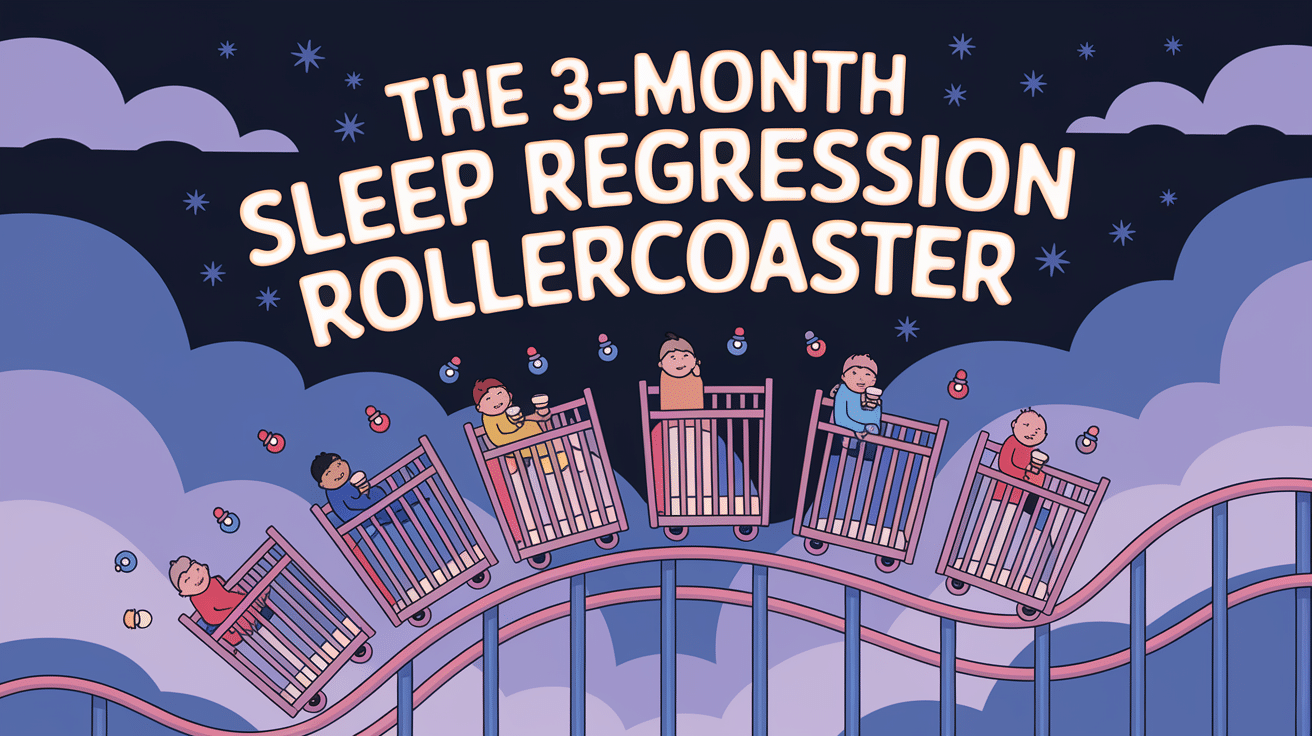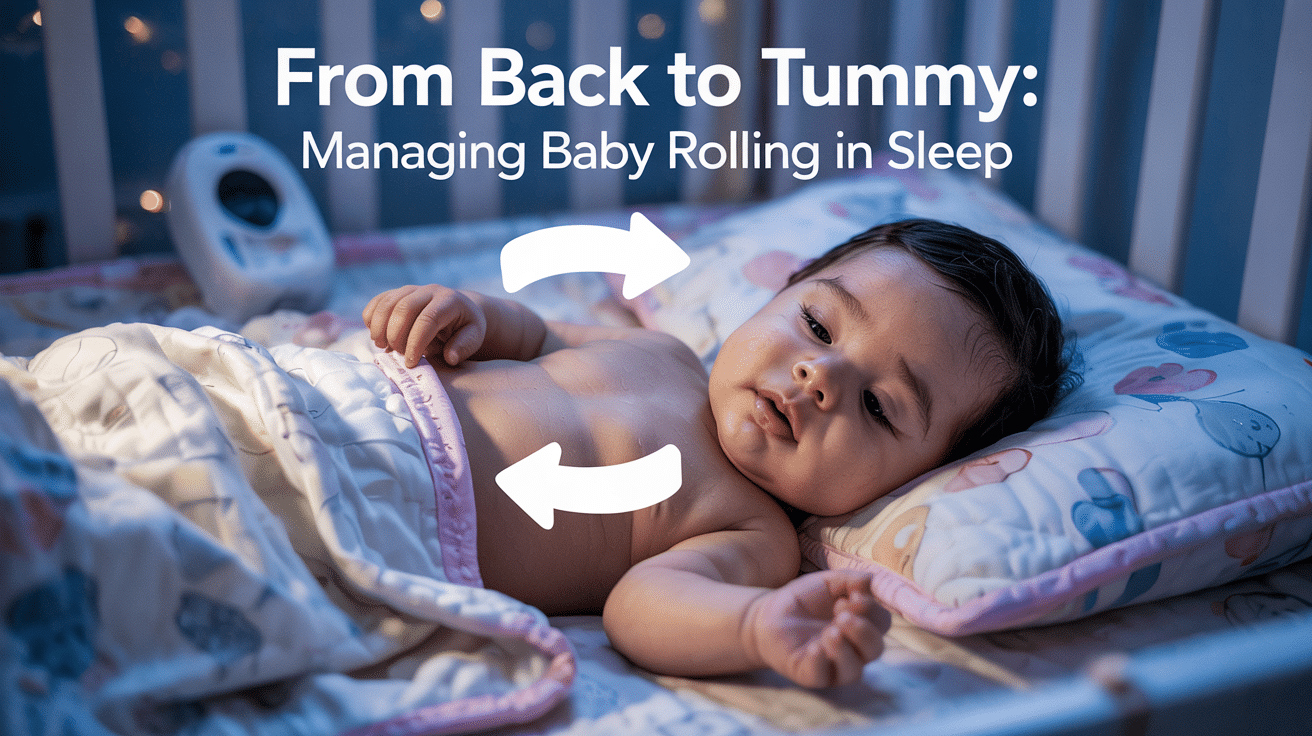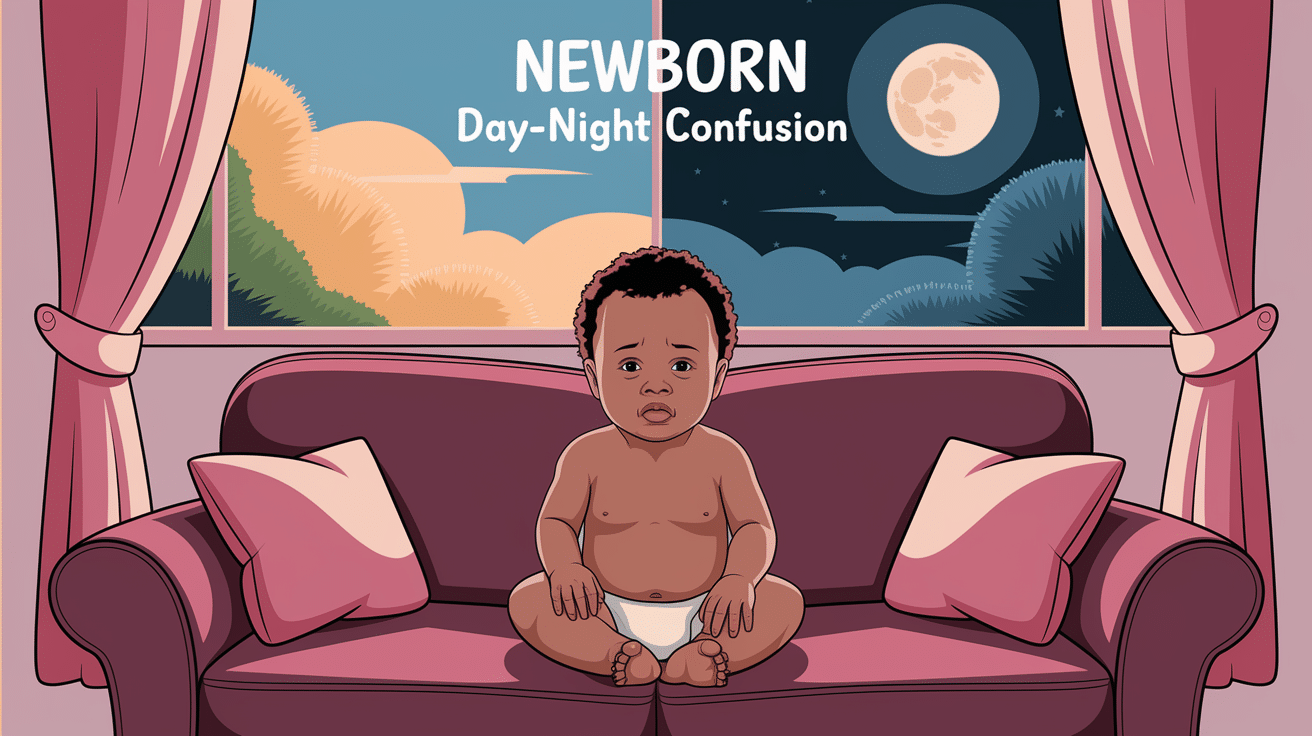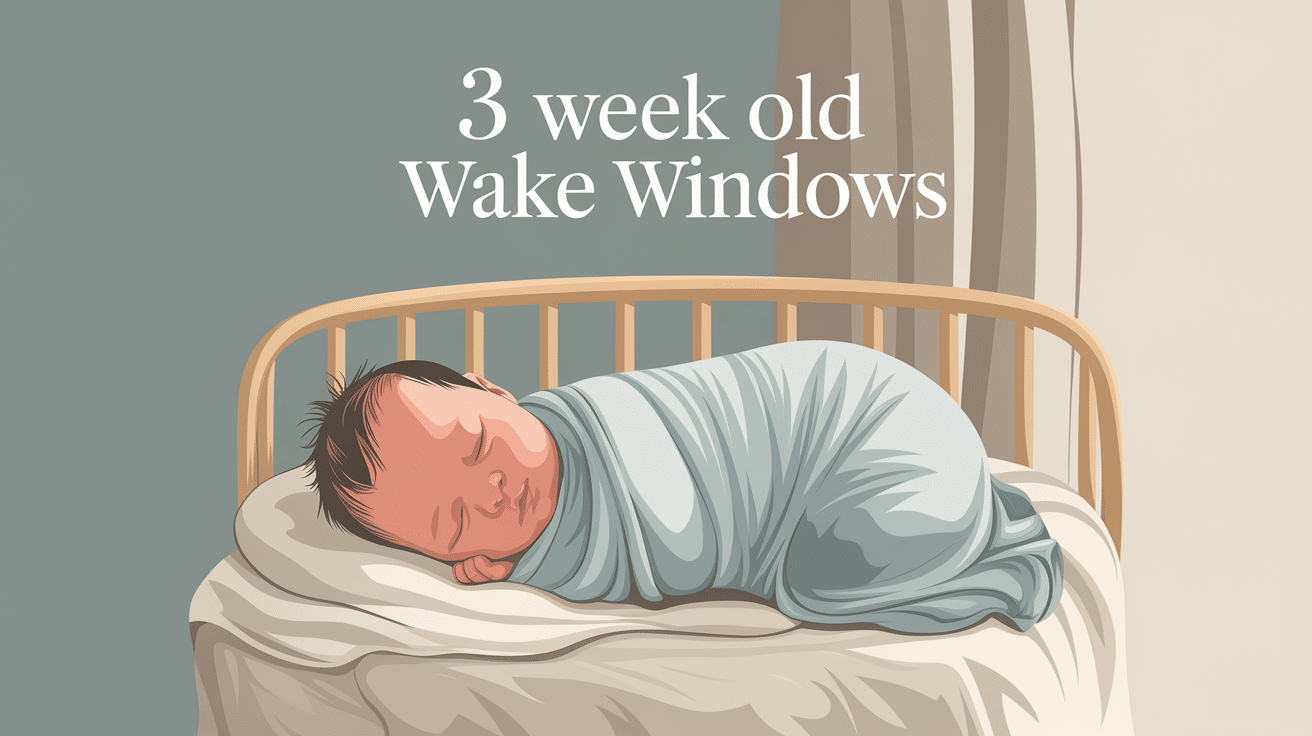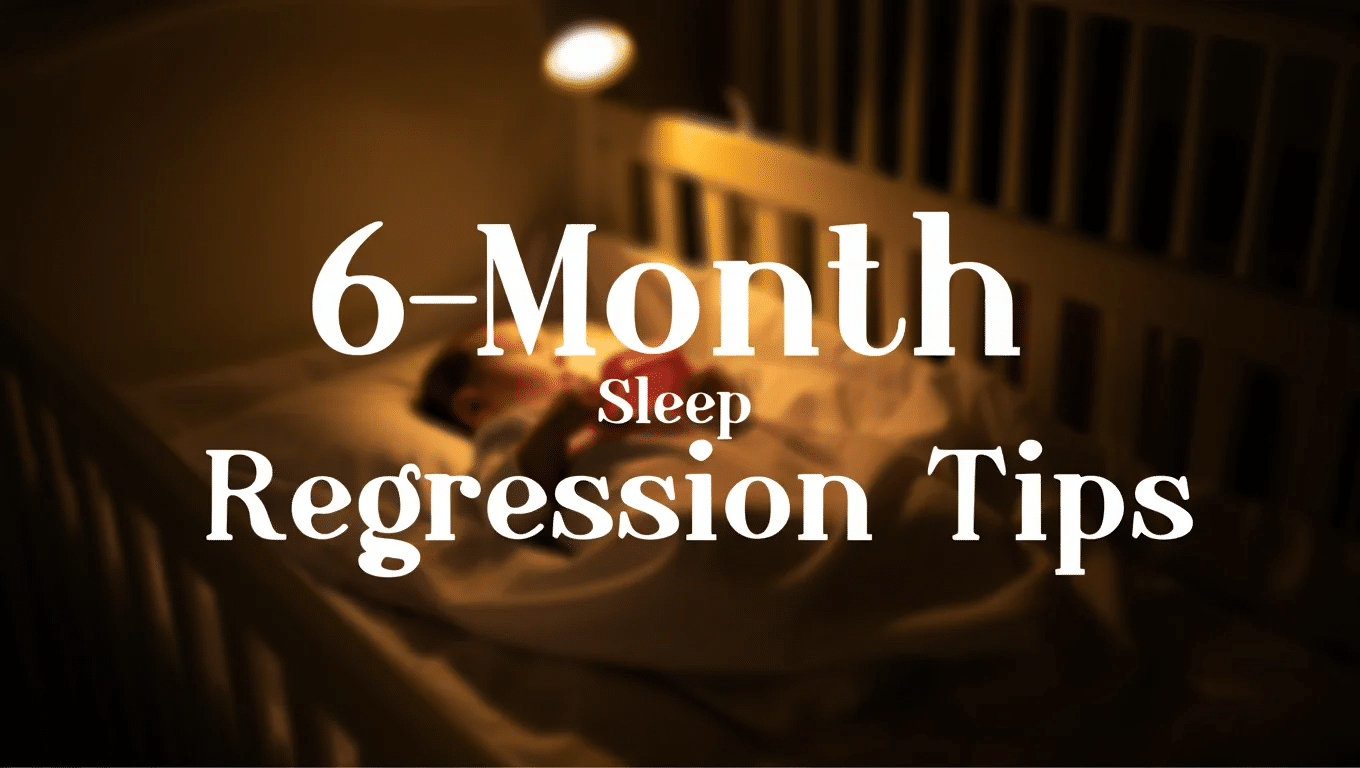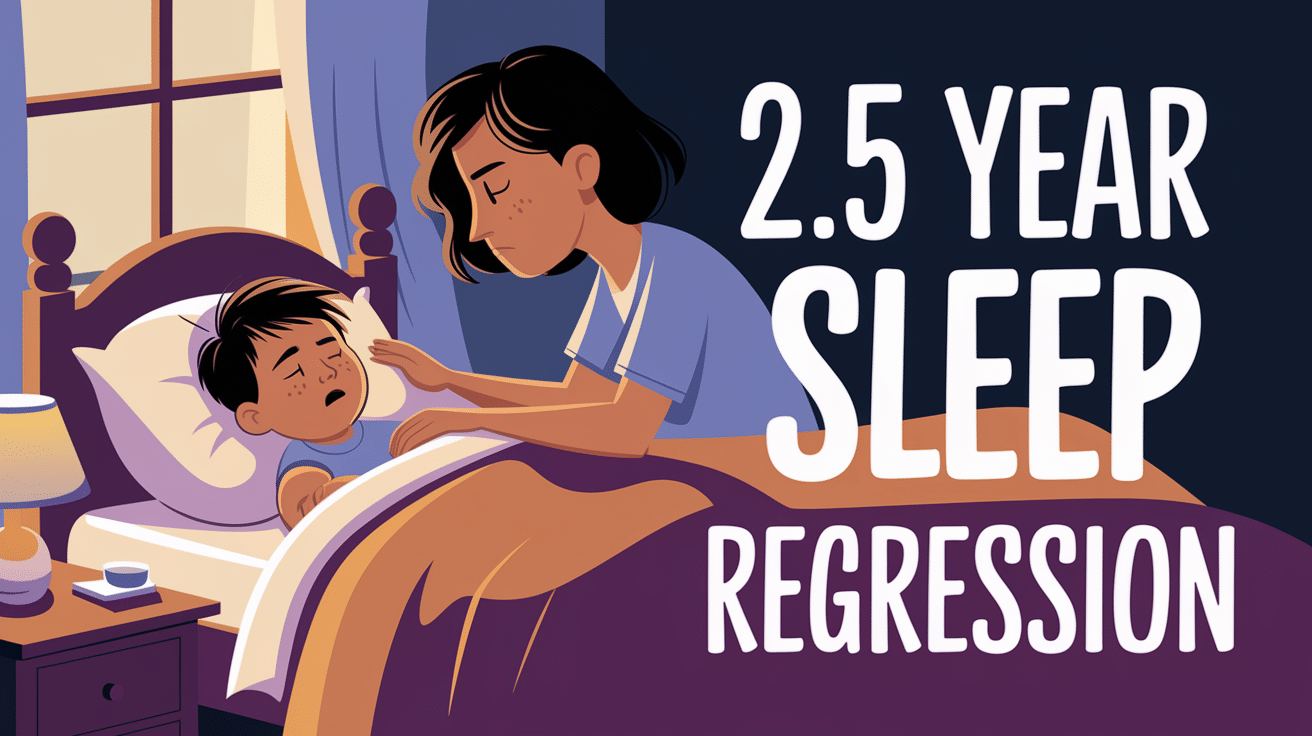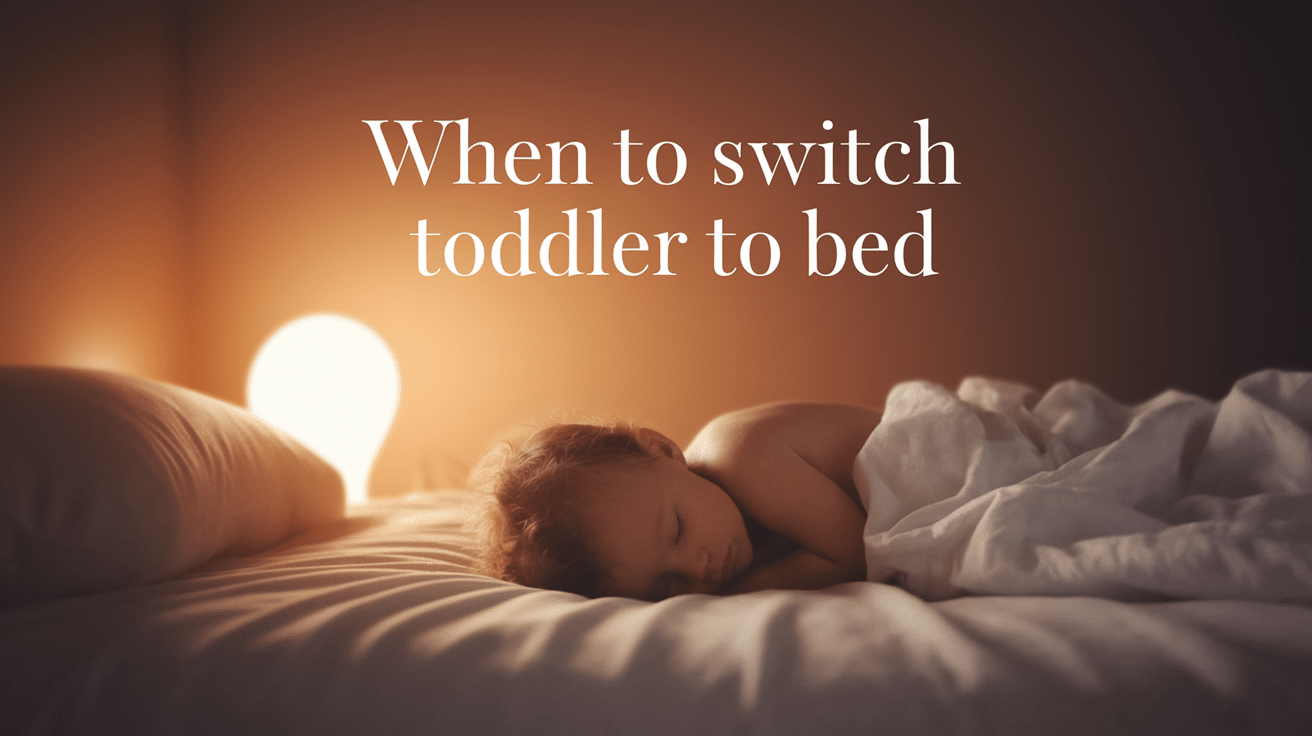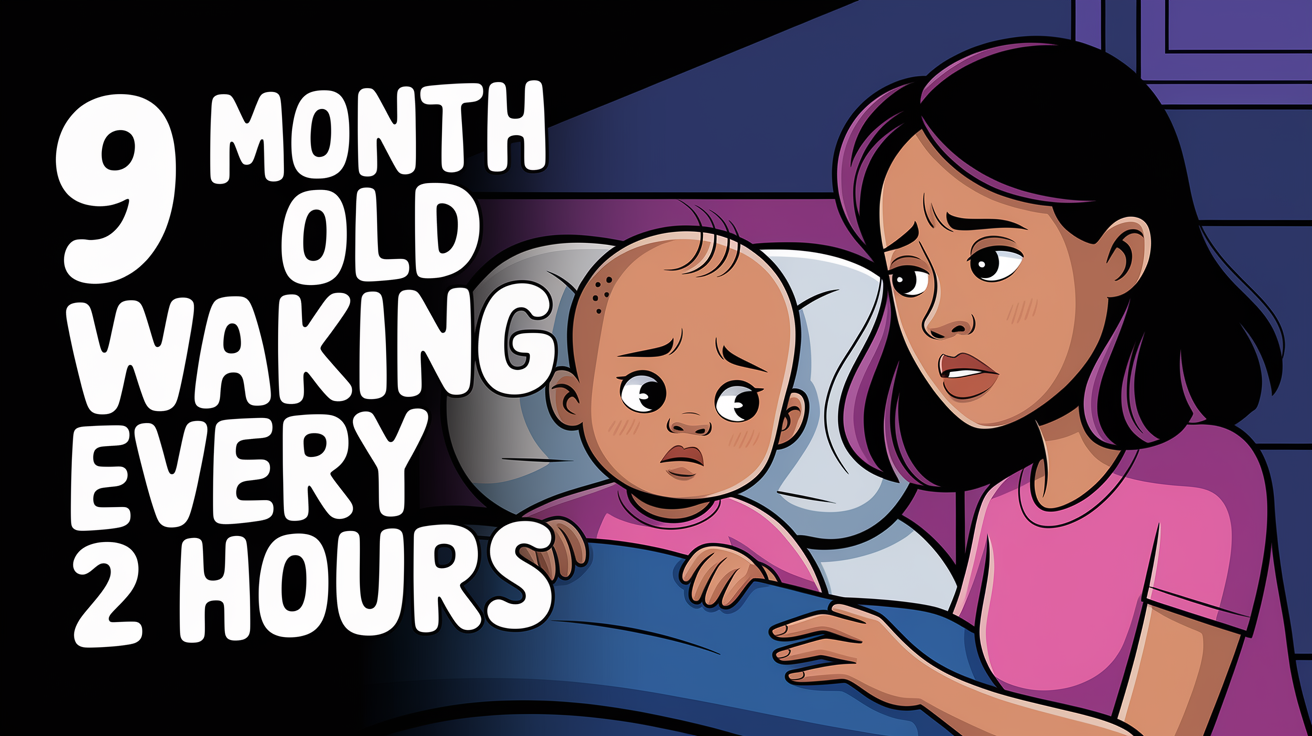
Are you struggling with your 9-month-old waking every 2 hours at night? The constant interruptions to your sleep can leave you exhausted and wondering if you’ll ever rest again.
First, know that you’re not alone – this is an incredibly common challenge that many parents face. While your baby is growing and developing in amazing ways during the day, these same developments can, unfortunately, disrupt their nighttime sleep.
The good news is that frequent night-waking at this age is usually temporary and often has clear causes.
Parents can learn why babies wake so frequently at 9 months, what’s considered normal sleep at this stage, and practical steps to help everyone in the family get more restful nights.
Understanding Normal Sleep Patterns for a 9-Month-Old
At 9 months, babies typically need about 14 hours of sleep daily, with 11-12 hours at night and 2-3 hours split between two daytime naps. Each baby’s needs vary slightly, making some more or less sleepy than others.
By this age, sleep cycles have changed to become more adult-like, with babies cycling between light and deep sleep every 45-60 minutes. During these cycle transitions, they’re particularly likely to wake up.
Their body clocks are also more set now, which makes consistent bedtime routines increasingly important for quality sleep. While some lucky 9-month-olds sleep through the night, many still wake 1-2 times to feed or for reassurance.
Occasional periods of more frequent waking (every 2-3 hours) are normal during developmental milestones, teething episodes, or minor illnesses.
These disruptions, though challenging for parents, are typically temporary phases rather than permanent sleep patterns.
Why Is My 9-Month-Old Waking Every 2 Hours?

If your 9-month-old wakes every 2 hours at night, you’re not alone. This common sleep challenge can happen for several reasons.
It’s often linked to big developmental changes as babies learn to crawl, pull up, or take their first steps—they may wake up wanting to practice these exciting new skills.
Teething pain is another common culprit, with discomfort disturbing their sleep, and at this age, separation anxiety peaks, making babies wake up looking for you. Their sleep patterns are also changing, with more time spent in light sleep where they’re easily woken.
Sleep habits play a role too – if your baby relies on being rocked, fed, or held to fall asleep initially, they may need the same help when they wake between sleep cycles.
Sometimes, being too tired from missed naps or hunger from a growth spurt can cause frequent waking. Understanding the cause can help you find the right solution for your family.
Possible Reasons for Frequent Night Wakings

Your baby might wake frequently at night for several different reasons. Sleep disruptions are common at 9 months old and usually temporary. Understanding why your baby wakes can help you find solutions.
Most babies go through phases of waking more often during their development. These wake-ups can be frustrating but are usually a normal part of growth. Each baby is different in how they sleep and what might be causing their night wakings.
1. Hunger or Growth Spurts
Growth spurts can dramatically increase your baby’s hunger, even at night. During these periods, your 9-month-old may genuinely need more calories to fuel their rapidly developing body and brain.
Some babies seem particularly hungry during nighttime hours, possibly because they’re too distracted to eat well during the day or because their growing bodies signal hunger more intensely at night when there are fewer distractions.
2. Teething
Teething often causes significant discomfort that can wake even good sleepers every few hours. Watch for common signs like excessive drooling, irritability, gum rubbing, and cheek flushing.
When teeth are actively cutting through the gums, pain tends to intensify at night when babies have fewer distractions from the discomfort. This disrupts their normal sleep cycles and causes more frequent wake-ups.
3. Developmental Milestones
When your baby masters exciting new physical skills like crawling, pulling up, or cruising, they may wake frequently to practice. Their brain is so stimulated by these achievements that they literally wake up wanting to move.
Similarly, cognitive leaps can disrupt sleep as their developing brain processes new information. This mental activity can lead to more time spent in lighter sleep states where waking is more likely.
4. Separation Anxiety
Around 9 months, babies develop a stronger sense of attachment and become more aware when you’re not present. This separation anxiety peaks at night when they wake between sleep cycles and realize you’re not there.
Their natural response is to call out for reassurance that they’re safe and that you haven’t left them. This emotional need for comfort is just as real and important as physical needs like hunger.
5. Sleep Associations
If your baby has grown accustomed to falling asleep while being rocked, fed, or held, they may need the same conditions to fall back asleep when they naturally wake between sleep cycles.
Rather than being able to self-soothe, they become fully awake and signal for help with the same sleep association that helped them fall asleep initially.
Since babies have many sleep cycle transitions throughout the night, these associations can lead to waking every 1-2 hours to seek assistance to return to sleep.
How to Address the Issue?

Helping your baby sleep better takes patience and consistency. You can try several approaches to improving night-wakings. Small changes to your baby’s routine can make a big difference.
Not every solution works for every baby, so be prepared to try different methods. Most sleep issues at this age are temporary and will improve with time. With the right approach, you can help your baby learn better sleep habits.
- Create a consistent bedtime routine with the same activities in the same order every night.
- Make sure your baby is getting enough calories during the day with protein-rich foods at dinner.
- Consider a “dream feed“ right before you go to bed to reduce hunger wakings.
- For teething pain, offer cold teething rings before bed and ask your doctor about safe pain relievers.
- Put your baby down drowsy but still awake so they practice falling asleep independently.
- Gradually reduce rocking, feeding, or other sleep associations that require your help.
- For separation anxiety, play peek-a-boo during the day to show that you always come back.
- Keep the sleep environment dark, quiet, and at a comfortable temperature.
- Use white noise to mask household sounds that might wake your baby during light sleep cycles.
When to Consult a Pediatrician?

While frequent night-waking is often normal for 9-month-olds, sometimes it signals a need for medical attention.
Contact your doctor if your baby’s sleep suddenly worsens with no clear cause or if they seem to be in pain when waking. Watch for signs that might indicate ear infections, like pulling at ears, unusual fussiness, or fever.
Breathing issues during sleep, including snoring, gasping, or long pauses in breathing, should be discussed with your pediatrician right away.
Unusual sleepiness during the day, despite getting enough nighttime sleep, could point to a problem. Some babies may have reflux or food sensitivities that disrupt sleep with discomfort.
Unusual movements during sleep, though rare, require immediate medical care. If your baby seems very irritable or has big changes in appetite alongside sleep problems, these could be signs of an underlying issue that needs a doctor’s check-up. Trust your instincts – you know your baby best.
Wrapping It Up
Dealing with a 9-month-old waking every 2 hours can feel overwhelming, but remember that this challenging phase won’t last forever.
Most sleep disruptions at this age occur for specific reasons, such as developmental milestones, teething pain, hunger, or separation anxiety.
By creating consistent bedtime routines, addressing physical discomfort, encouraging self-soothing, and ensuring your baby gets enough food during the day, you can gradually improve everyone’s sleep.
Trust your instincts about when to seek medical advice, especially if you notice unusual symptoms alongside sleep problems. Every baby is different, and what works for one might not work for another.
With patience, consistency, and a little trial and error, you and your baby will soon enjoy more peaceful nights and happier, more rested days.
If you’re interested in more informational content on mothers and babies, feel free to click here and explore other blogs that you might enjoy.

















